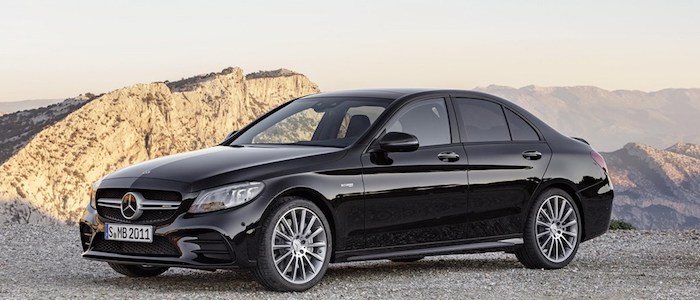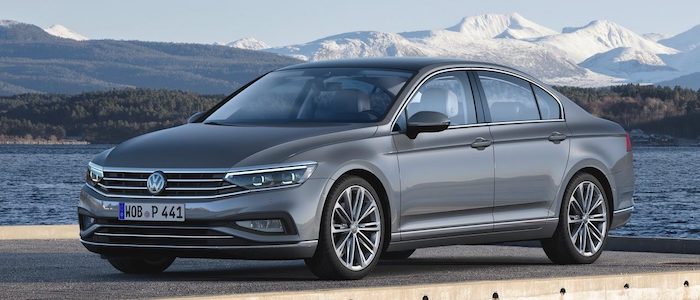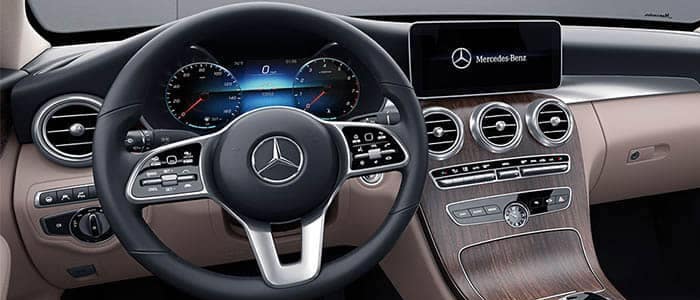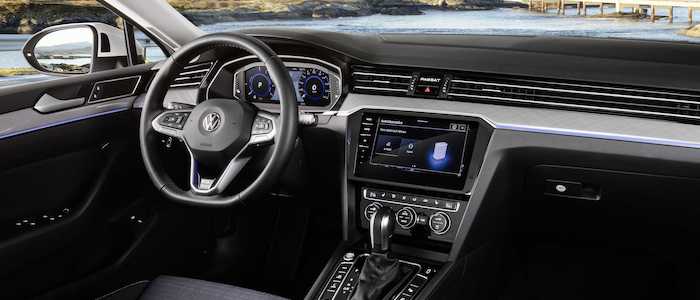Compare two cars
Compare any two cars and get our Virtual Adviser™ opinion
Marketing
Dimensons & Outlines
Engine
2.0 OM654 DE20 LA LP
2.0 TDI EA288 evo 150
Performance (manual gearbox)
Performance (automatic gearbox)
Expenses
Virtual Adviser's™ opinion
Two significantly similar cars, no doubt about that. Still, each one has something different to offer. Having both cars powered by diesel engines and utilizing the 4-door sedan body style within the same 'Large family car' segment, the only major difference here really is their wheel drive configuration (rear for the Mercedes Benz and front in the case of the Volkswagen). The first one has a Mercedes Benz-engineered powertrain under the hood, a 4-cylinder, 16-valves 150hp unit, while the other one gets its power and torque from a 4-cylinder, 16-valves 150hp engine designed by Volkswagen.
SafetyBoth vehicles got tested by European New Car Assessment Programme (Euro NCAP), with the same number of safety stars gained in the process. Still, apart from the official crash test results there are other things we need to be aware of. Both vehicles belong to the large family car segment, which is generally a good thing safety-wise, still it doesn't help us solve our dilemma, does it? Furthermore, if we'd like to consider vehicle mass in this context too, which we definitely should, Mercedes Benz C offers a marginal difference of 4% more metal.
ReliabilityReliability is not the best thing to consider on the make level, but it is worth mentioning that Volkswagen does have a slight advantage, when all the models are taken into account. These are the results of an independent reasearch, while our visitors describe reliability of Mercedes Benz with an average rating of 4.4, and models under the Volkswagen badge with 4.2 out of 5. The same official information place C as average reliability-wise, and Passat is more or less at the same level.We should definitely mention that owners of cars with the same powertrain as Mercedes Benz C rank it on average as 3.0, while the one under the competitor's bonnet gets 5.0 out of 5.
Performance & Fuel economyMercedes Benz is a bit more agile, reaching 100km/h in 0.8 seconds less than its competitor. Still, it lacks the power to win the top speed competition, topping at 222 kilometers per hour, 1km/h less than the other car. When it comes to fuel economy the winner has to be Passat, averaging around 3.8 liters of fuel per 100 kilometers (74 mpg), in combined cycle. We can't ignore that 16% difference compared to Mercedes Benz C.
Verdict
Volkswagen appears just a bit more reliable, although the difference is truly marginal. The most important thing when deciding between any two vehicles should always be safety, both passive and active. In my opinion, everything taken into account, Mercedes Benz C offers slightly better overall protection and takes the lead. It all continues in the same direction, with Mercedes Benz offering somewhat better performance, just enough to call it quicker. It does come at a cost though, and that's the fuel consumption... It's not difficult to say then that if I'd need to make a choice, it would definitely be the Volkswagen. In any case that's my personal view, built upon all the data available to me. What should decide here though is the way you feel about the two vehicles, and I hope you'll find my guidelines useful in the process. In case you have two minutes to spare I invite you to define your needs, desires and budget and see which car would be chosen by the virtual adviser™, out of 12.000+ vehicles we currently have in our database.
































